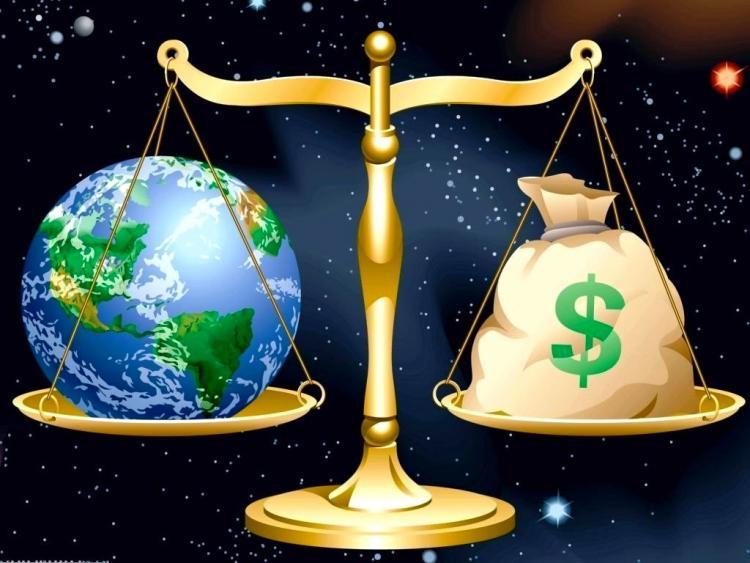
Conflicts cannot be detached from their economic dimensions. In fact, the desire to dominate economy and manipulate wealth has long been one of the most conspicuous reasons behind conflicts among groups and states worldwide. Even though circumstances and the natures of conflicts and conflicting parties have changed, economic interests and the motive to control resources can still explain many of the wars and crises taking place in the world. Many of the successive regional and international conflicts in the Middle East are partly attributed to its natural resources and strategic location, which give it greater importance and trigger rivalry over it.
However, just as the economy plays a role in severing conflicts, determining their directions, and settling them, conflicts affect economic situations and often impede political reforms. Despite the discrepancy in their political situations, the countries of the Arab Spring offer a striking example of economic encumbrance caused by the difficulties of political transition and its accompanying conflicts over the nature, rate, and direction of the desired political change.
Entitled "Economy and Conflicts in the Arab Region," this session aims to discuss the role of economy in the conflicts taking place in the Middle East and Arab world, the correlation between them, and their mutual impact - whether positive or negative - on the change movements through the following questions:
- Does rivalry over the region's natural resources trigger unending conflicts or can it turn to be a motive for change towards stability?
- To what extent can conflicts halt economic reform and development in the Arab world?
- What are the greatest challenges facing the economies of the Arab Spring countries?
- When does the economy assist change movements in the Arab world? When does it impede them?
- Can economic integration among Arab countries alleviate conflicts in the region?
Speakers:
- Elena Ianchovichina, Lead Economist in the Chief Economist Office of the World Bank’s Middle East and North Africa Region
- Adeel Malik, Globe Fellow in the Economies of Muslim Societies at the Oxford Centre for Islamic Studies
- Ahmed Ould Dadah, Head of the Rally of Democratic Forces Party in Mauritania
- Elyes Fakhfakh, Former Tunisian Minister of Finance
- Kamal Field, Director of Research at the Iraq Institute for Economic Reform

